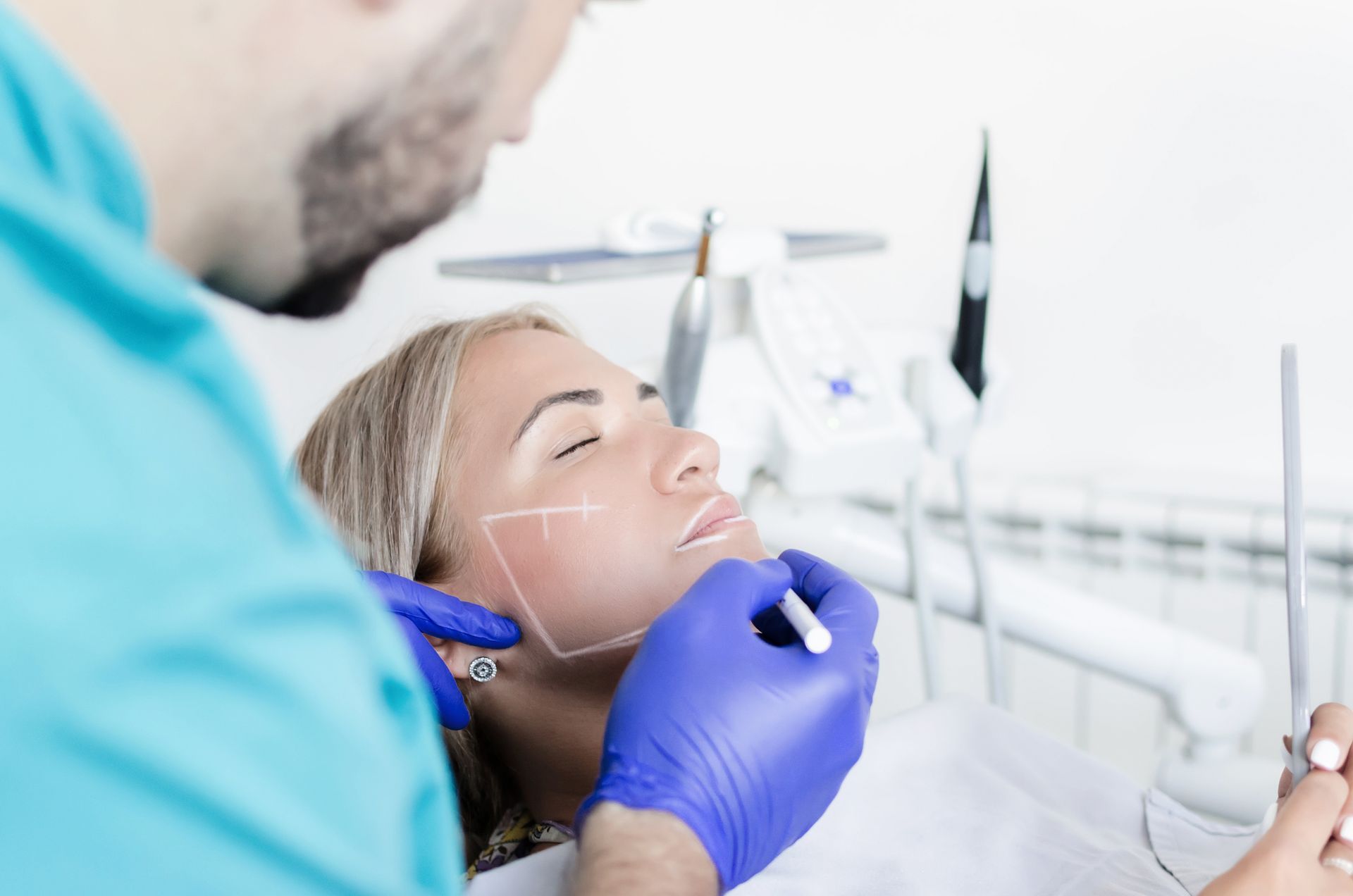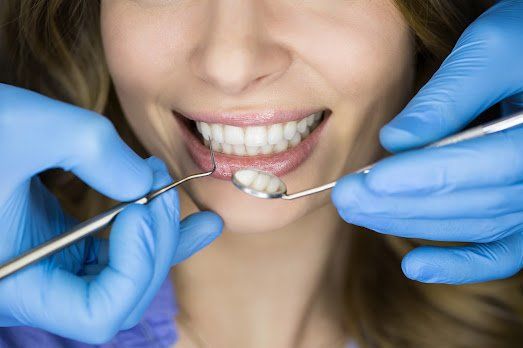9 Causes of Gum Bleeding
December 8, 2022

1. Hormonal Changes
Women undergo hormonal changes during pregnancy, which can affect the gums. In particular, hormonal changes affect the body's response to the bacteria of gum disease. Thus, pregnant women should put extra effort into oral hygiene and emphasize fluoride toothpaste. Regular flossing is also necessary throughout the pregnancy period.
2. Medications
Some medications cause blood thinning and interfere with blood clotting. If you take these medications, your gums may start to bleed. A dentist should be able to recommend alternative medication or treat the bleeding gums.
3. Gingivitis
Periodontal disease has multiple stages, with the first one being gingivitis. The condition occurs when plaque accumulates on your gums and causes inflammation. The inflamed gums become swollen and tender with time.
Tender and soft gums tend to bleed when you floss, brush, or eat. Regular dental checkups can detect gingivitis before the condition becomes a fully fledged dental disease.
4. Changes in Dental Care Routine
If you rarely floss, your gums may bleed when you start flossing. The bleeding is usually temporary and may stop after a week or so. If the problem continues, get a dentist to check your gums for any signs of gingivitis.
Sometimes, using firm-bristled toothbrushes can cause bleeding gums. Shift to a medium- or soft-bristled brush to prevent bleeding.
5. Vigorous Flossing or Brushing
Blood may appear on your gums when you floss or brush with excessive force. Be gentle on your gums, but increase the frequency of brushing. The bleeding will likely stop after one week.
6. Poor Diet
Certain substances in processed foods can react with your gums and result in bleeding. For instance, starchy meals often get lodged between teeth spaces and decompose into sugar. The sugar can then build up and turn into plaque. Excessive consumption of starchy foods will cause inflammation and lead to gum bleeding.
You can prevent this problem if you go for healthier food alternatives. Ensure your diet has the necessary nutrients and vitamins to boost gum health. Vegetables and fruits are highly recommended, together with any meal with abundant amounts of calcium, magnesium, and vitamins C and D. Also, ensure you consume the recommended daily amounts of these nutrients.
7. Incorrect Dentures
If your dentures don't fit properly, they can scratch the gums and cause bleeding. This situation happens more often among people who fail to remove their dentures before going to bed. Dentures can also cause gum bleeding when you don't regularly brush the dentures. Dirty dentures are prone to plaque buildup and may lead to gum inflammation.
8. Poor Oral Hygiene Habits
Brushing your teeth at least twice each day is a great way to preserve oral hygiene. But even a minor lapse in an excellent oral hygiene schedule can result in gum bleeding. Sometimes, the gums can begin to bleed if you fail to brush or floss your teeth for just one day.
Proper oral hygiene includes regular flossing and the right toothpaste when brushing. You can also use mouthwash to remove plaque and debris on your gums.
9. Health Problems
Specific health conditions may lead to gum bleeding. For example, leukemia, anemia, and liver disease patients are more likely to experience gum bleeding.
If you notice any signs of gum bleeding, see a dentist. Pittsburgh Dental Spa provides dental treatment in a comfortable and relaxed atmosphere. Let us take care of your dental issues while sitting on massage chairs. Contact us
to book an appointment.
Reviews from real patients:
Carmen up front is the nicest person ever! First time I met her she was running around doing many jobs and still being oh so sweet. Dr. Kelly is just as amazing! They truly make you feel comfortable and the atmosphere is amazing. Highly recommend!!
Brianna Bangs














